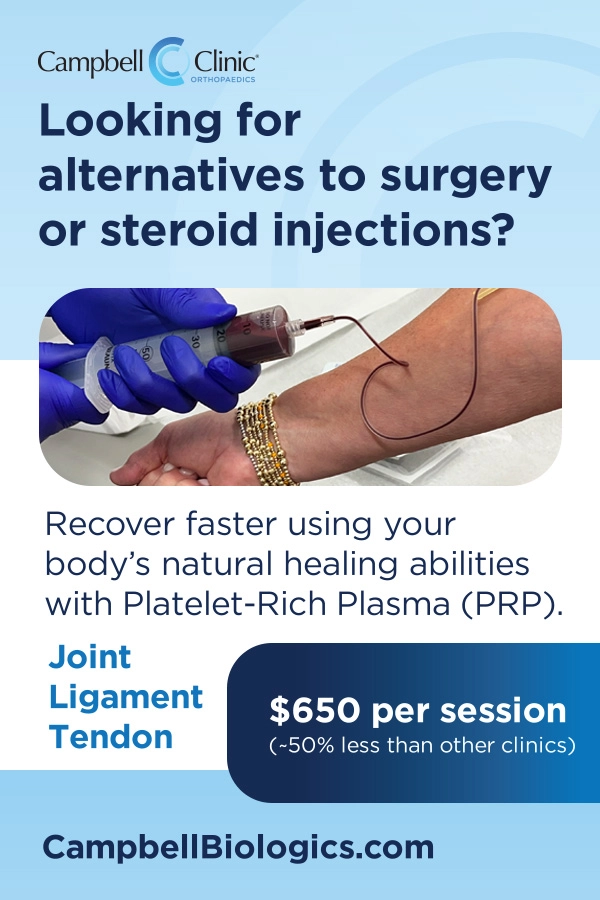A diagnosis of uterine cancer or another gynecologic cancer is scary, and for younger patients, there can be additional concerns about protecting fertility.
Fortunately, patients can expect improved outcomes when they see a physician specializing in these conditions. As a gynecologic oncologist, I help patients prevent cancer, catch the disease early, and choose the right treatment for their individual needs and goals.
There are four gynecologic cancers: uterine, ovarian, cervical, and vulvar. Uterine is the most common, with over 60,000 women diagnosed yearly, and cases are increasing dramatically.
The increase is linked to our country’s obesity epidemic: excess fatty tissue produces a type of estrogen that increases the risk for uterine cancer. Therefore, one of the first things we do is counsel patients to maintain a healthy weight.
We also urge patients to speak up right away about symptoms. There is no routine screening for uterine cancer, so checking out symptoms promptly is the best way to catch it early.
The classic symptom is bleeding after menopause. If you haven’t gone through menopause yet and experience irregular bleeding, that’s also a warning sign.
To diagnose uterine cancer, we do an office biopsy and often transvaginal ultrasound. This helps determine the specific type of cancer, which informs our treatment options.
Women with uterine cancer or another gynecologic cancer should see a gynecologic oncologist. We have specialized training and experience with your diagnosis, and we’re dedicated to keeping up with the latest treatment options.
Our gynecologic oncology program at Regional One Health offers the latest advances and improvements. My appointment at the University of Tennessee Health Science Center enables me to actively debate and implement national guidelines with other experts nationwide. We’re proud to make this level of care available in Memphis.
We also are firm believers in shared decision-making. I’ve found it is helpful to draw a picture for my patients to show them exactly where their cancer is located. Then, we discuss options.
Uterine cancer is highly curable with a hysterectomy, which is also the best way to keep cancer from recurring. Hysterectomies are usually minimally invasive surgeries with tiny incisions, meaning patients go home the same day and have a fairly easy and quick recovery.
All of that is reassuring, and many patients opt for a hysterectomy. However, the surgery does mean a patient won’t be able to get pregnant, so some younger women explore other options.
These can include hormone therapy or targeted therapy. Regional One Health has a multidisciplinary team that can provide all of your care in one place.
No matter what, we aim to put you at the center of your care. We always take the time to provide education, answer questions, and listen to your feedback about your treatment plan.
Dr. John O. Schorge is a nationally known expert in gynecologic oncology and complex gynecologic surgery. He sees patients at Regional One Health’s Main Campus and East Campus. For an appointment, call 901.515.3809.
By Dr. John O. Schorge










